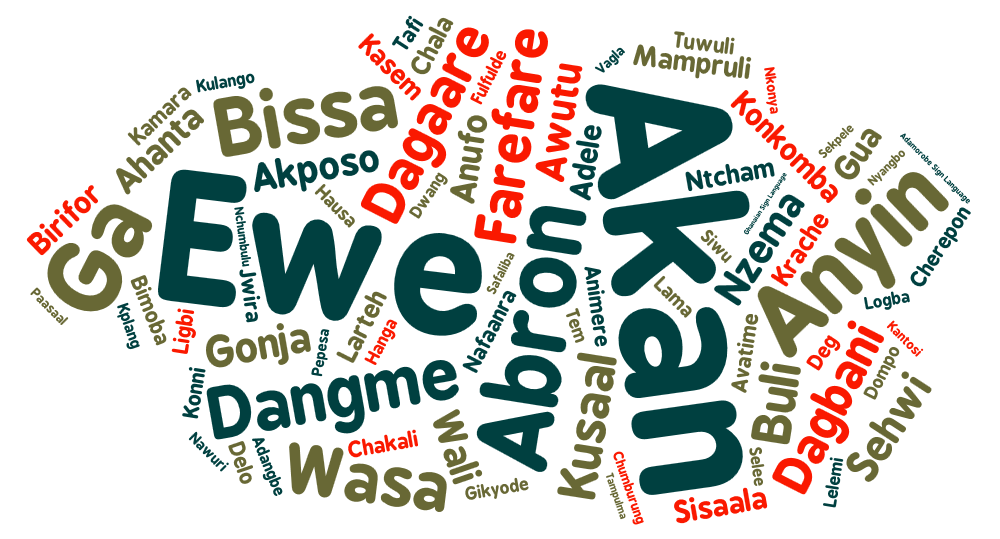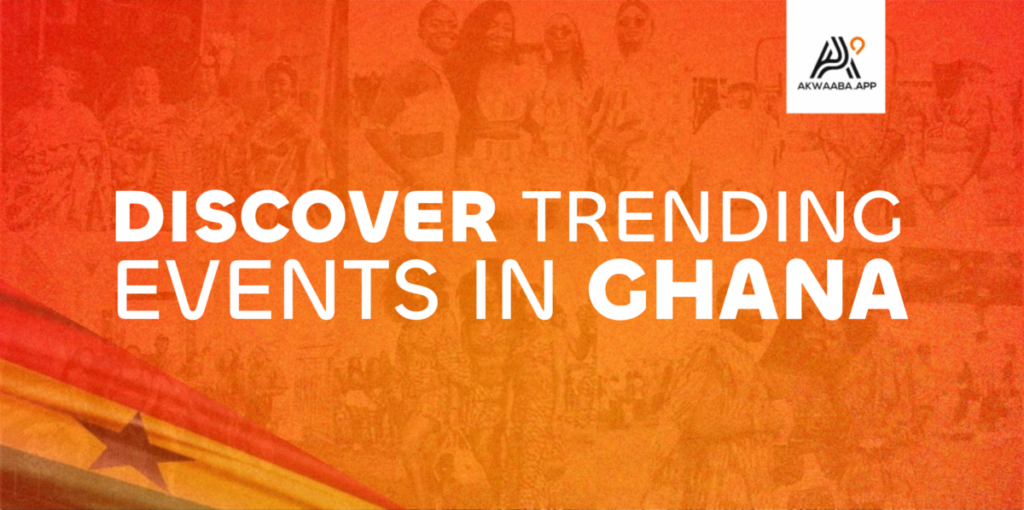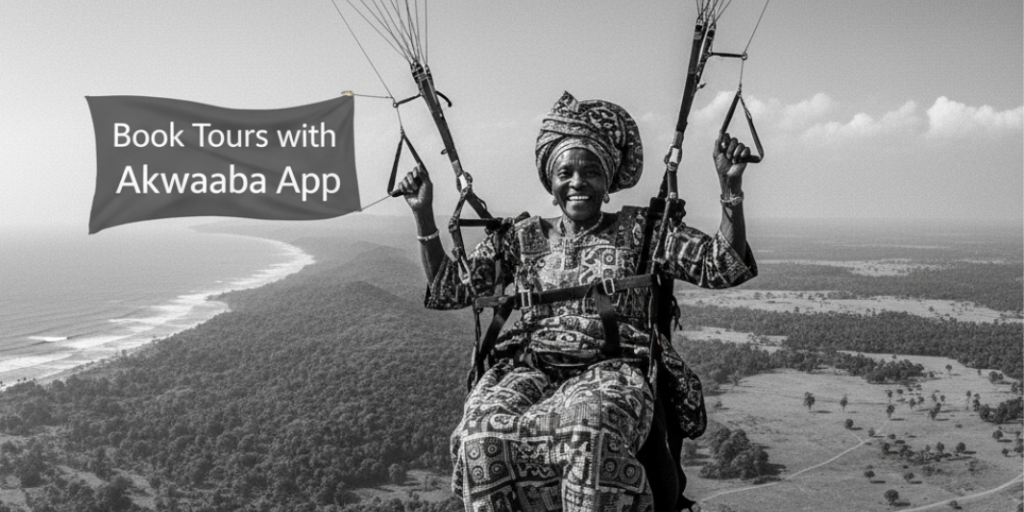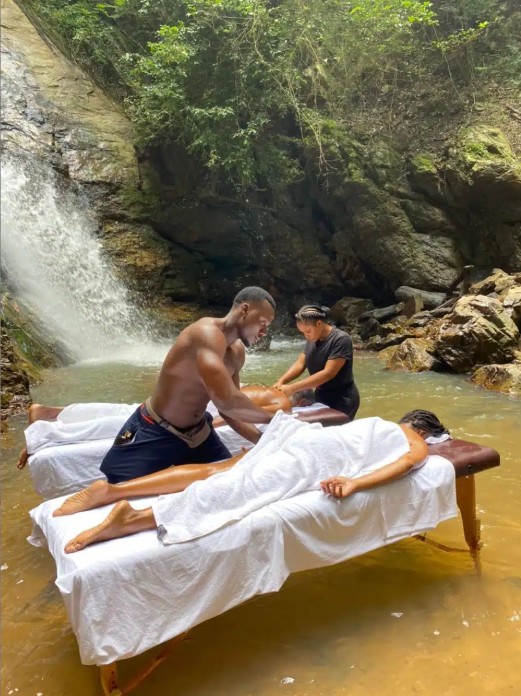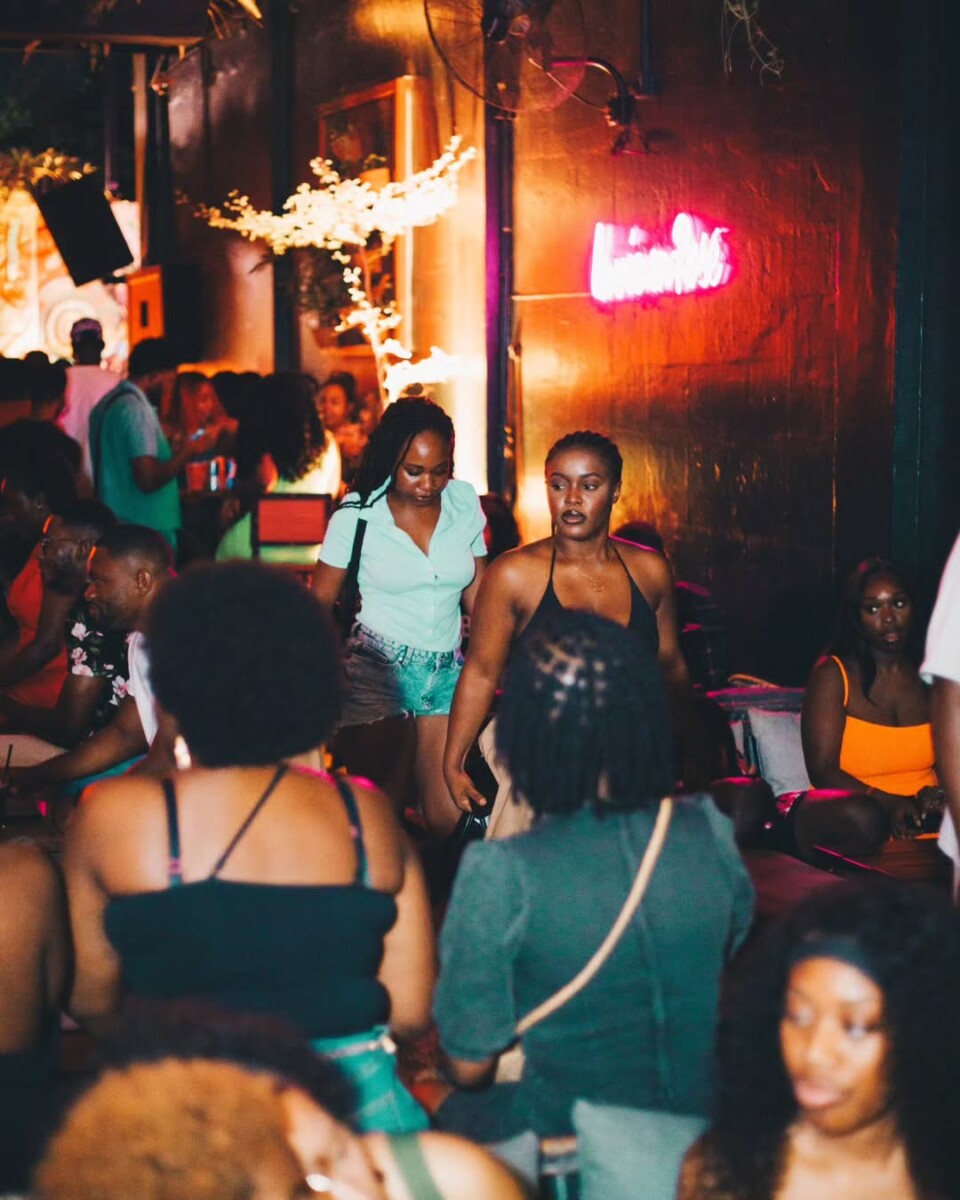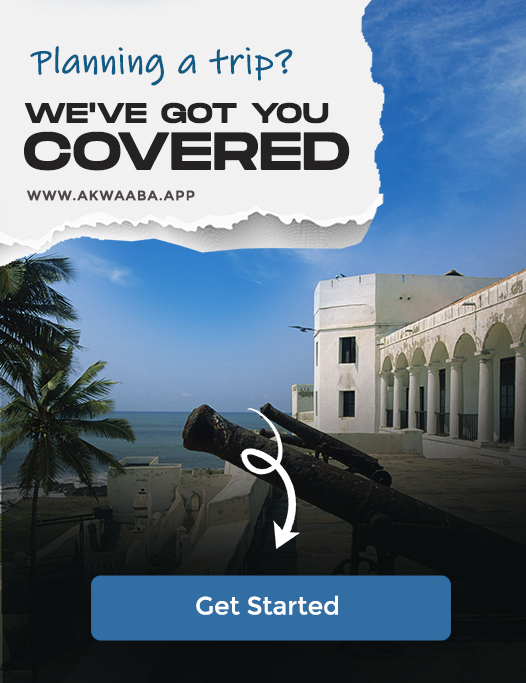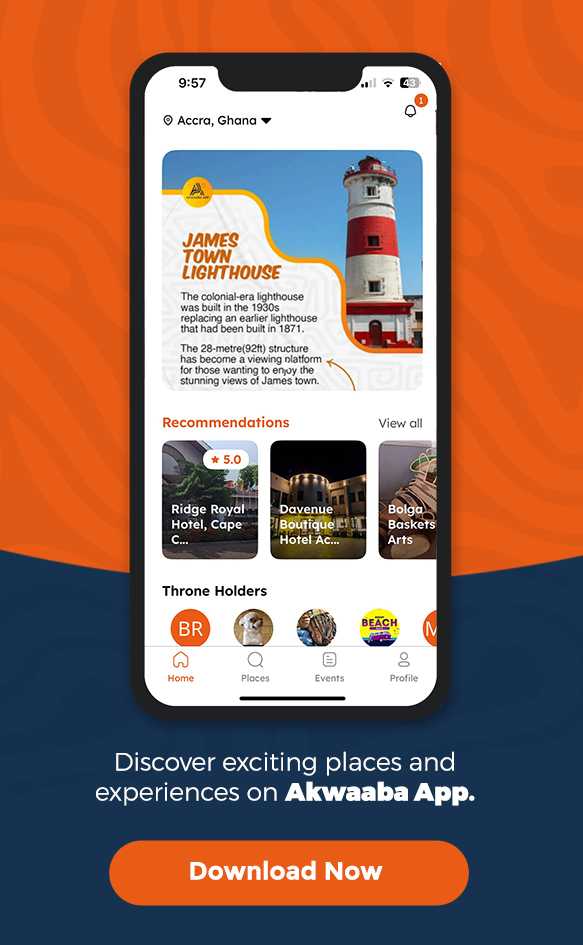Step into Ghana, and the first thing you’ll notice—beyond the warm smiles and rhythmic energy—is the music of its languages. Ghana isn’t just a land of gold and cocoa; it’s a nation of storytellers, traders, teachers, and chiefs, each expressing life through a unique tongue. Over 80 languages are spoken here, blending history, culture, and identity into everyday conversation. Whether you’re planning a trip, relocating, or simply curious, knowing the languages spoken in Ghana deepens your connection to its heartbeat.
This guide breaks down the most widely spoken languages in Ghana, where you’ll hear them, and how to embrace the beauty of multilingual Ghanaian life.
📍 Ghana’s Official Language: English
Let’s start with the obvious: English is Ghana’s official language. You’ll find it in schools, government institutions, courts, and most written communication. It’s the bridge that connects Ghana’s diverse ethnic groups, especially in cities like Accra, Kumasi, and Takoradi.
But make no mistake—Ghanaian English has its own flavor. Expect local inflections, bold expressions, and that unmistakable warmth that turns a simple “You’re welcome” into a cultural experience.
🗣️ Widely Spoken Local Languages in Ghana
Beyond English, Ghana’s true magic lives in its local languages. Here are the most spoken languages and where you’re most likely to hear them:
1. Twi (Akan) – The People’s Language
If Ghana had a national heartbeat, it would sound like Twi. A member of the Akan language group, Twi is spoken by over 10 million people, primarily in the Ashanti, Eastern, and Brong Ahafo regions.
Twi isn’t just spoken—it’s sung in highlife music, preached in churches, and shouted in marketplaces. Even if you only visit Accra, knowing a few Twi phrases like “Ɛte sɛn?” (How are you?) and “Medase” (Thank you) will go a long way.
Sub-dialects of Twi include:
Asante Twi (Ashanti Region)
Akuapem Twi (Eastern Region)
Fante (Central and Western Regions)
Yes, Fante is part of the Akan family too—but with its own flair and coastal rhythm.
2. Ewe – The Language of the Volta
In the lush green region of Volta, Ewe (pronounced “Eh-weh”) dominates. It’s the language of storytelling, proverbs, and poetic wisdom. Spoken by the Ewe people in Ghana, Togo, and Benin, Ewe is rich in expression and widely used in towns like Ho and Keta.
One beautiful aspect of Ewe? It’s deeply respectful. Words and phrases often shift based on age and social status. Learning even basic greetings like “Woezɔ” (Welcome) or “Akpe” (Thank you) earns you instant street cred.
3. Ga – The Spirit of Accra
Head to Ghana’s capital, and you’ll hear the unmistakable rhythm of Ga, the native language of the Ga people. Though English and Twi dominate Accra now, Ga remains strong in local neighborhoods like Jamestown and Labadi.
Ga has a musical lilt and is often heard during festivals like Homowo. It’s also tied to deep cultural practices, especially around naming ceremonies, funerals, and chieftaincy.
4. Dangme – The Cousin of Ga
Southeast of Accra, in areas like Ada and Shai Hills, you’ll find the Dangme people. Closely related to Ga, the Dangme language shares some similarities but has its own unique tone and vocabulary.
Though fewer people speak Dangme today compared to Twi or Ewe, it holds cultural significance, especially in riverine communities near the Volta Estuary.
5. Hausa – The Trade Language
Though not indigenous to Ghana, Hausa has found a strong home here, particularly in Muslim communities across the country. It’s widely spoken in the Northern Region and in Zongo communities throughout urban Ghana.
Hausa’s influence comes from trans-Saharan trade routes, Islamic education, and pan-West African connections. You’ll hear it in markets, mosques, and during celebrations like Eid.
6. Dagbani – Northern Ghana’s Voice
In Tamale and surrounding areas, Dagbani reigns. As the main language of the Dagomba people, it’s one of the most spoken languages in northern Ghana and is taught in schools across the region.
Dagbani is central to traditional governance in the north, often used in chieftaincy councils and palace settings. It’s also growing as a medium of instruction in early education.
7. Other Prominent Ghanaian Languages
While the above are the most widely spoken, Ghana is a linguistic mosaic. Here are a few more worth noting:
Nzema – Spoken in the Western Region, near the Ivorian border.
Kasem – Used in parts of the Upper East Region.
Gonja – Spoken in the Savannah Region.
Dagaare – Common in the Upper West Region.
Each of these languages adds depth to Ghana’s cultural landscape.
🧠 How Ghanaians Navigate Multilingual Life
Most Ghanaians speak 2 to 4 languages fluently. It’s not uncommon to hear someone speak English at work, switch to Twi at home, and throw in Ewe or Hausa while shopping.
This multilingual agility is part survival, part heritage. It makes Ghana incredibly welcoming—you’ll almost always find someone who speaks your language or is happy to teach you theirs.
🗺️ Where You’ll Hear Which Language
| Region | Primary Languages |
|---|---|
| Greater Accra | Ga, Twi, English |
| Ashanti | Asante Twi, English |
| Volta | Ewe, English |
| Eastern | Akuapem Twi, Krobo, English |
| Western | Fante, Nzema, English |
| Northern | Dagbani, Hausa, English |
| Upper West | Dagaare, English |
| Upper East | Kasem, English |
| Central | Fante, English |
| Savannah | Gonja, English |
🧳 Planning to Visit Ghana? Here’s What to Know:
When using the Akwaaba App to explore Ghana:
You’ll find language tags on many business profiles (e.g. “English & Ewe spoken”).
Booking a tour or class? Use in-app chat to confirm if the guide speaks your preferred language.
Many local guides offer multilingual support—especially in tourist hotspots like Cape Coast, Accra, and Mole National Park.
🎯 Pro tip: Add a phrase like “Do you speak English?” in Twi:
“Woka brofo?”
Even if they do, they’ll appreciate the effort!
❤️ Why Language is Everything in Ghana
In Ghana, language is more than communication—it’s identity, rhythm, and relationship.
The way a grandmother scolds in Fante is different from how a friend teases you in Ga. Language adds flavor to storytelling, strength to protest, grace to worship, and humor to everyday banter. It’s what makes Ghana, Ghana.
🔍 Discover Ghana Through Language — Only on Akwaaba App
Want to truly experience Ghana like a local?
✔️ Use Akwaaba App to:
Find language-friendly guides, classes, and businesses
Book experiences like pottery classes at Happy Art, cultural tours, and heritage sites
Join our WhatsApp community, where travelers share tips and phrases
Discover hidden gems tagged by region and language for a deeper cultural immersion
Ghana doesn’t ask you to be fluent—just curious. A “medaase” here and a “woezɔ” there will unlock smiles, stories, and maybe even a new friend.
Download the Akwaaba App today and let Ghana speak to you—in more ways than one. 🗺️📲
Because in Ghana, every language is an invitation.
